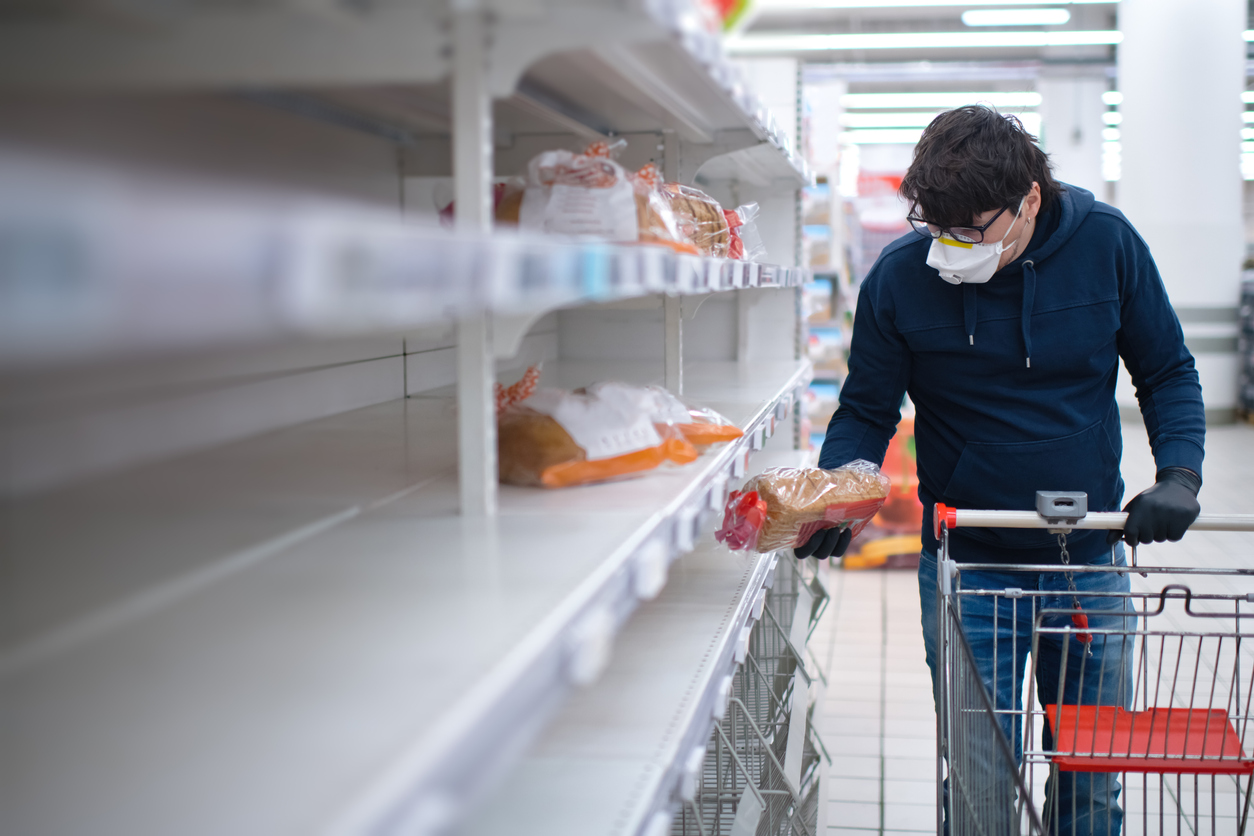You can always sue, but you are unlikely to be successful in obtaining a guilty verdict. Although wearing a mask in public is mandated in New Jersey, as in most states, this law is difficult to enforce. While storekeepers owe their customers a reasonable duty of care, if they have posted a sign at the entrance stating that masks are required inside, they are not expected to police their customers.
You might have more of a leg to stand on if the store owner didn’t enforce mask-wearing among employees, since the owner has the power to enforce sanctions over workers, even to terminate them. Unfortunately, it is not uncommon to see an occasional person in public without a mask or, more commonly, with a mask that fails to cover the nose. While you are within your rights to ask such a person to don a mask or to complain to the store manager, most people are more likely to simply steer clear of the offender.
As personal injury attorneys in New Jersey, Levin & Malkin would not accept such a case because, even with our extensive legal skills and determination, this case is almost certainly unwinnable. We have won millions of dollars for clients who have suffered serious personal injuries due to the negligence of others, but we are always frank with those who approach us for a free consultation.
If your case will not result in a favorable verdict, we know we would just be wasting your time and falsely arousing your hope if we led you on. Any lawyer who tells you different is misinformed or dishonest.
There Are Multiple Reasons the Store Owner Is Not Liable
1. Store owners only owe their customers a reasonable duty of care.
They are not expected to provide the same level of care as doctors, for instance, who are charged with protecting your health.
2. There is no universal agreement on the degree of protection offered by masks.
Even the CDC and WHO have made ambiguous statements concerning which types of masks offer the most complete protection for the public. Besides, the very safest ones, the N95 masks, are generally only available to healthcare professionals.
3. Store owners can’t be expected to oversee each customer’s behavior at all times.
Store owners can definitely be held responsible for accidents resulting from negligence in terms of premises liability. Unmarked hazards, such as spills that result in slip and falls with serious injuries fall into this category, as do broken floor tiles or dangerously stacked shelves. Storeowners, however, cannot, however, be held accountable if a customer who is contagious with TB, COVID, or a common cold enters the store and spreads germs.
4. It is impossible to prove that a particular exposure resulted in transmission.
As carefully as you try to avoid being infected or unwittingly spreading the virus, COVID continues to spread at an alarming rate. As isolated as some of us are, there are still too many ways to contract the virus.
If you have been to the bank, post office, or to visit a doctor, if you have stepped into an elevator (even an empty one that was recently occupied), if you were visited by a friend or relative (or even a visiting nurse), the risk of contagion exists. Don’t forget that when you are near anyone else, you may be infected by germs that person has been exposed to. This is particularly dangerous because many people carry the virus without experiencing any symptoms at all.
Assumption of Risk and How It Relates to the Store Owner’s Lack of Liability
It is also true that we are all covered by a legal concept known as “assumption of risk” which means that we can’t hold another person liable for an injury we sustained when we voluntarily exposed ourselves to a known danger. In the Age of COVID, it is just about impossible to claim you did not know you were at risk when you entered the store.
Posted in: Personal Injury

